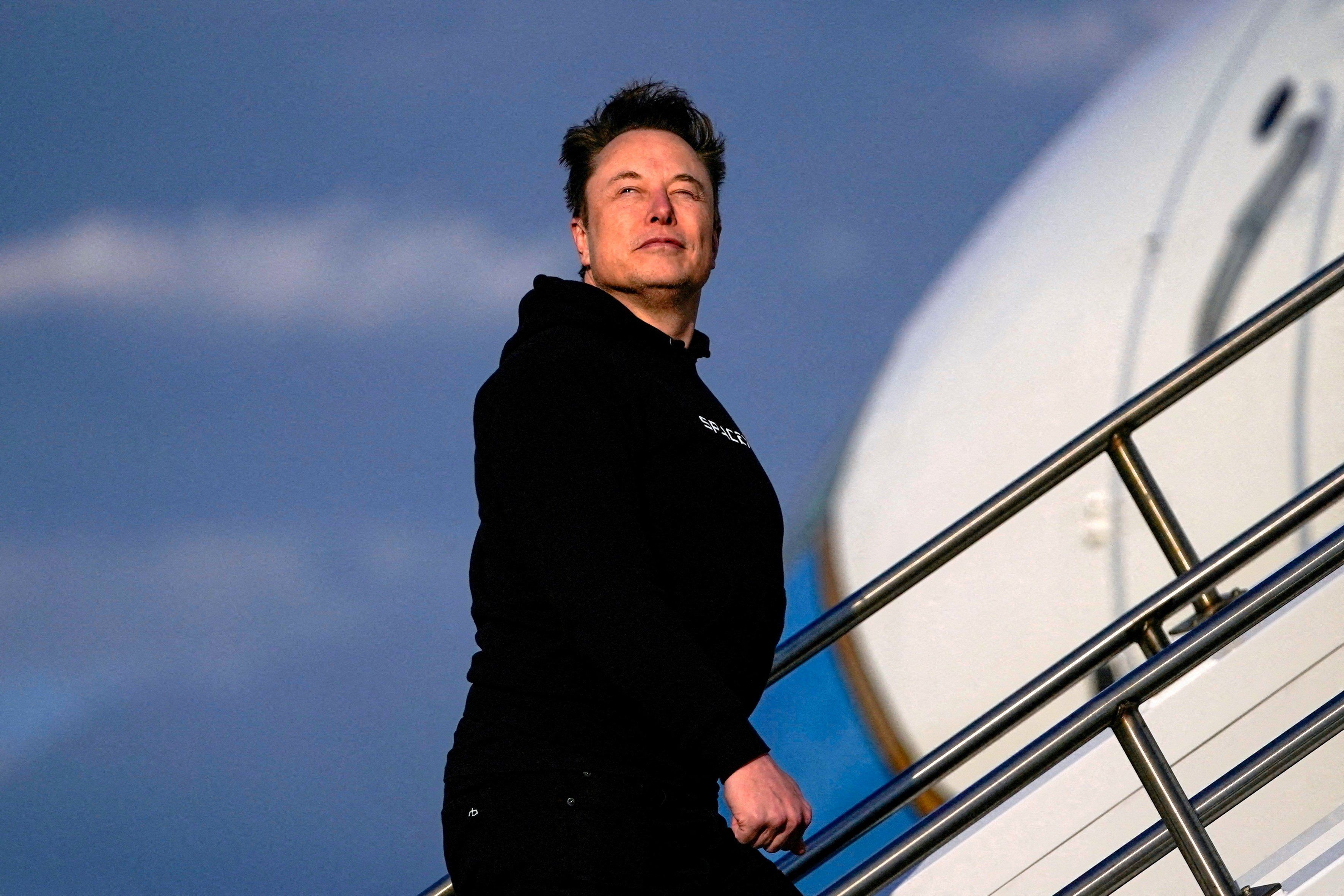South Africa will loosen its Black ownership laws to allow Elon Musk to operate his Starlink service in his home country.
The tech mogul claims to have been prohibited by what he calls "openly racist ownership laws" from setting up his satellite-powered internet provider, but South African officials say they'll offer a workaround to post-apartheid rules to ease tension with him and U.S. President Donald Trump, reported Bloomberg.
“The deal is that all races should be treated equally and there should be no preference,” Musk said Tuesday in an interview at the Bloomberg Economic Forum. “I am in a situation where I was born in South Africa, but cannot get a license to operate Starlink because I am not Black.”
The offer will come formally at a last-minute meeting between Musk or his representatives and South African officials traveling with President Cyril Ramaphosa before that leader's Wednesday's visit to the White House, according to three sources with knowledge of the discussions.
So-called Black economic-empowerment laws require 30 percent Black ownership, in some cases, and the alternative being carved out for Musk and Starlink would be applied to all information and communication technology companies, including those from China and the Middle East, the sources said.
“News regarding the Starlink workaround regarding Black-ownership laws for Elon Musk to provide internet services in South Africa have boosted investor optimism regarding a favorable outcome resulting from the upcoming Ramaphosa-Trump meeting,” said Phoenix Kalen, head of emerging-market research at Societe Generale SA.
Trump has granted refugee status to white Afrikaners and criticized a South African law, similar to U.S. eminent domain laws, that allows the government to seize land without compensation in some cases, and the U.S. twice made the false claim last week that white people were targets for genocide in South Africa.
